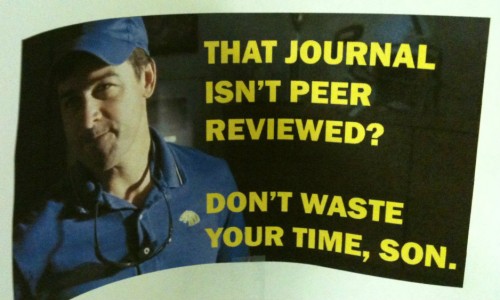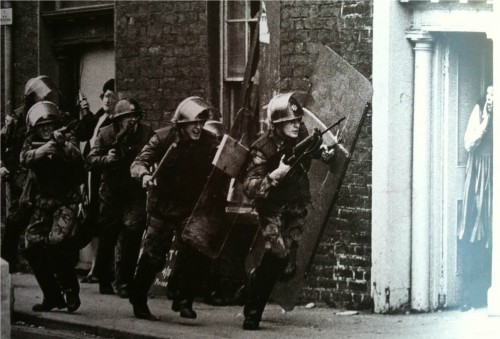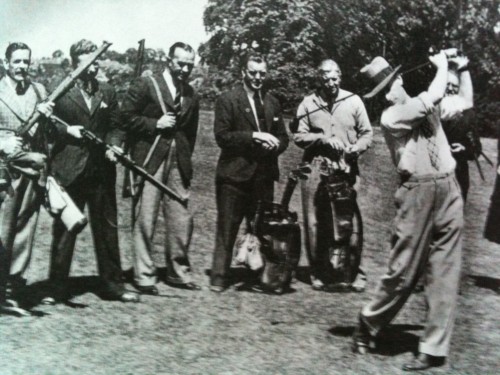One writer is very earnest, a Poet, sprinkling tendrils, donning hats, trying to enunciate the fuck out of words, trying to pull a stick of butter out a badger’s ass, something, and in one way you think, young, trying, at least still believes while another hand says (hands talk now—this is poetry) relax Thing, calm your gossamer spirit down, flutterby, it’s only poetry and I need to ABS glue the couplings on the toilet drain on Monday—it’s going to smell like shit. One writer has recent stories in Paris Review and New Yorker and steps up to the mic and quickly contextualizes an excerpt and reads calmly, clearly, slowly for 7 minutes and thanks the organizers of the reading, the audience, sits down and shares a beer with me. One writer screams penis!/penis!/penis! into the microphone but only for a short while so it’s fine. (The word penis makes everyone think; I mean it has built careers [Freud or Hilton or your own, etc].)

One writer opens with, “This is the shortest story in my collection” and I feel a shiver through the room as three people turn to the bar to reload their urns with beer. It’s still not quite right to text, turn away, talk to someone, rumple yourself loud, walk through, at least not too often—the writer is looking right at you. The writer is a human being. One writer sort of sways and/or faints. I feel for them. One writer reads and you want to grab them right then and sleep with them—who can say words don’t work? One writer reads and you want to put a bracelet on their ankle, to monitor them, so you can stay reliably away. One writer wears a black shoe and a brown shoe, and it’s a fun bar conversation, this presentation of shoes. One writer is terrified; one writer might as well be in their own bathtub, luxuriating in the warm bubbles of audience eyes. “I don’t know what to do up there,” she said, when I asked her opinion. “Just don’t be that guy.” Well said, I suppose. But which guy was she asking us not to be?









